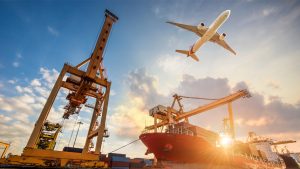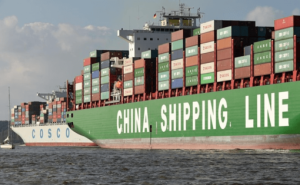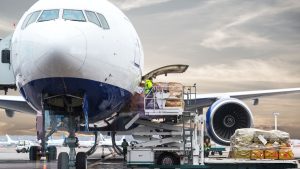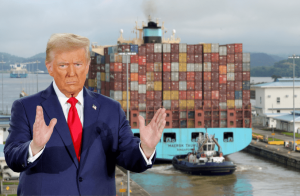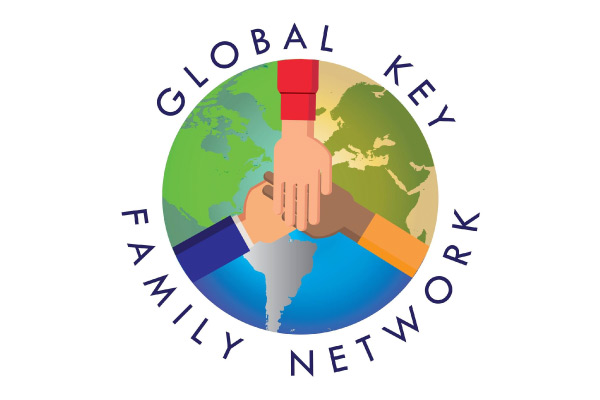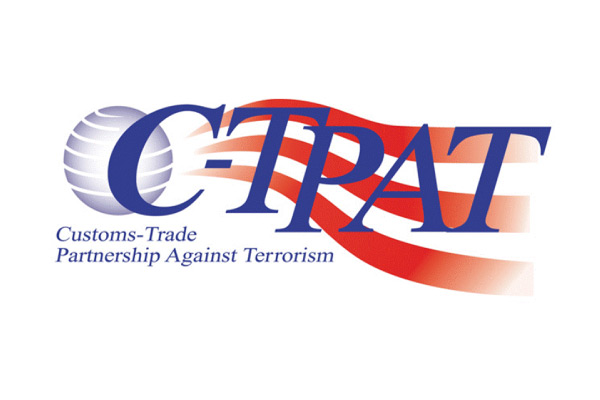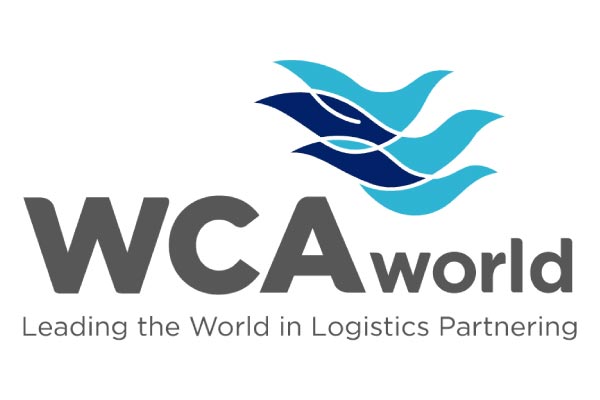To improve collaboration between both economies, a Memorandum of Understanding was signed between the National Customs Agency of Mexico and the United States Customs and Border Protection Agency.
In Mexico, a new fiscal platform is being implemented to improve the control of merchandise traffic from its arrival at customs to its final distribution.
It seeks to modernize and digitize customs processes, facilitating the traceability and security of goods.
Impacts on business:
1. Greater Transparency and Control: Digitalization will allow more precise tracking of goods, reducing the risk of smuggling and customs fraud.
2. Operational Efficiency: With more agile processes and less bureaucracy, companies will be able to reduce time and costs in customs management.
3. Regulatory Compliance: The new platform will facilitate compliance with tax and customs regulations, including Carta Porte 3.1, which is crucial for the transportation of goods.
4. Security: Security in the supply chain will be increased, protecting both companies and consumers.
The National Customs Agency of Mexico (ANAM) announced that Mexico and the United States will increase surveillance at border, airport and port customs in order to prevent gasoline and diesel smuggling, commercial and customs fraud, and stop the trade of illegal goods such as money, drugs and chemical precursors. ANAM stated that the coordinated work will increase surveillance and deterrence of smuggling, customs and commercial fraud, inhibition of trafficking of illegal goods and facilitation of legal trade through modern customs processes on both sides of the border.

More details
To improve collaboration between both economies, Horacio Duarte Olivares, head of ANAM, and Christopher Magnus, commissioner of United States Customs and Border Protection (CBP), signed a Memorandum of Understanding.
Cooperation with regional partners, modernization of border point infrastructure, trade facilitation and increased security were agreed upon by officials.
Duarte Olivares and Magnus discussed measures to increase the effectiveness of review processes, to select targets and to strengthen customs laws to protect international trade from criminal threats.
To identify and intercept high-risk shipments, the Memorandum of Understanding establishes greater intelligence in air waybill information; In other words, they will share air cargo data.


